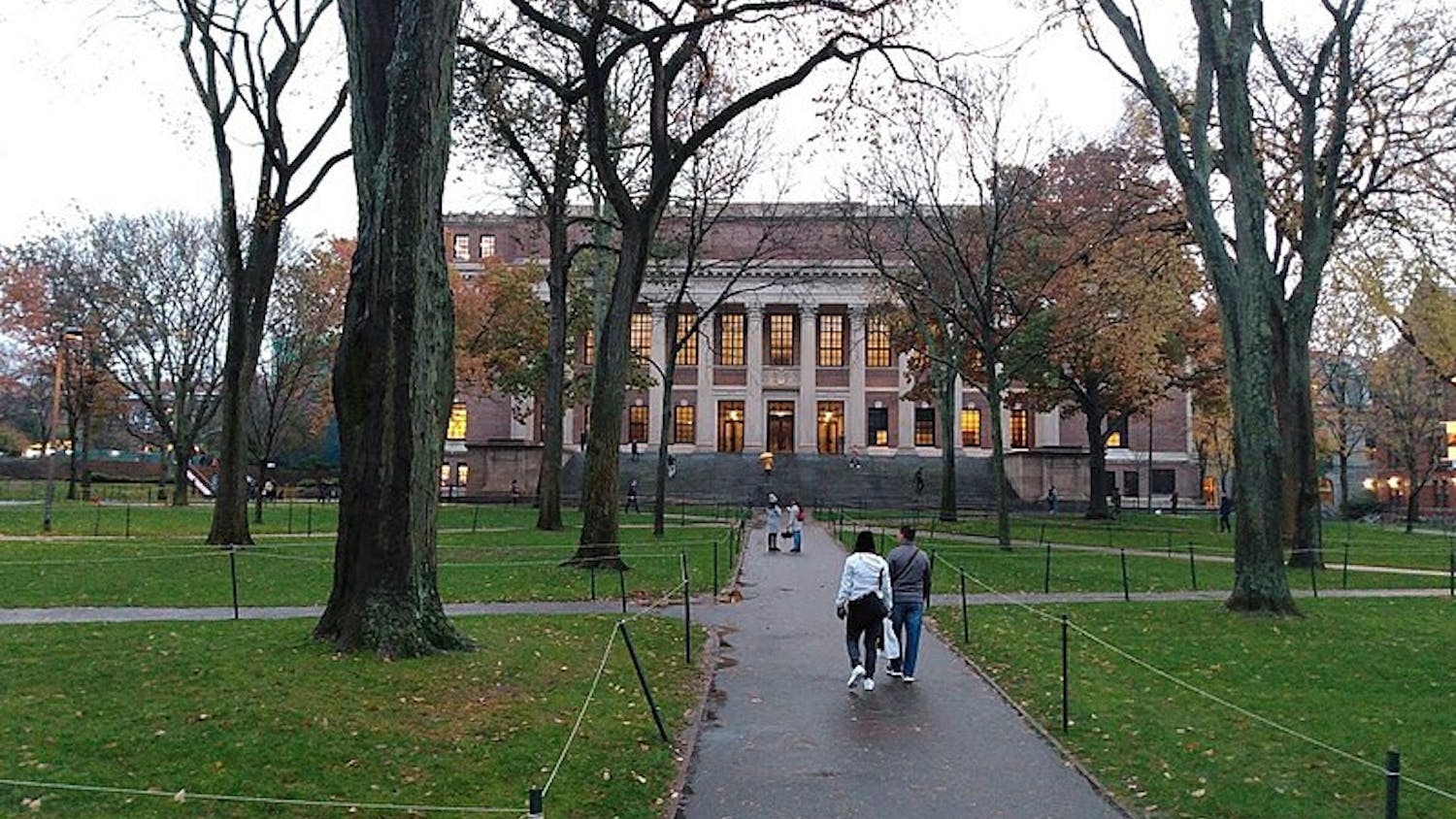By McKenzie Collins
International Editor
Following the inauguration of President Joseph Biden and Vice President Kamala Harris on Jan. 20, Biden signed a total of 17 executive actions, the majority of which reversed the policy of the Trump administration and centered around human rights and immigration.

According to NBC News, Biden’s first day in office consisted of a pause on the enforcement of Trump’s final actions as President. The other highlights include his initiation of a plan to rejoin the Paris Climate Agreement, a plan to decrease carbon emissions that accelerate global warming, which Trump abandoned in 2017 to decrease taxes. The Signal summarized the actions authorized on Inauguration Day here.
Biden’s second day in office, Jan. 21, focused on the national response to Covid-19 in a total of eight executive orders. The administration hopes to slow the disease by mandating masks on public transportation, increasing aid to long-term care facilities and requiring state legislators to make data-driven decisions.
“Consistent with this policy, the heads of all executive departments and agencies (agencies) shall facilitate the gathering, sharing, and publication of COVID-19-related data, in coordination with the Coordinator of the COVID-19 Response and Counselor to the President (COVID-19 Response Coordinator), to the extent permitted by law, and with appropriate protections for confidentiality, privacy, law enforcement, and national security,” the White House explained in a letter.
In another action that invoked the Defense Production Act, Biden asked the heads of several public health departments to reevaluate the distribution of safety equipment to ensure availability to efficiently combat Covid-19. He also established the Covid-19 Health Equity Task Force, asked the Department of Health and Human Services to collaborate with the Department of Education in forming suggestions for reopening schools, had the Department of Labor reevaluate their guidance for citizens in the workplace and organized a Covid-19 pandemic testing board.
President Biden issued a memorandum to support the states’ use of the National Guard to prevent the spread of Covid-19. The aid will now be funded by the Federal Emergency Management Agency, taking some of the weight off the state departments.
Jan. 22, Biden’s third day in office, also centered around federal aid in these unprecedented times. According to the New York Times, Biden signed two executive orders to provide aid to struggling families through the expansion of the food stamps program to address the lack of meals typically provided by schools, distribute stimulus checks and prepare to raise the national minimum wage to $15 an hour.
In an explanation of his actions, Biden stated, “There is a growing economic consensus that we must act decisively and boldly. This cannot be what we are as a country. We cannot — will not let people go hungry. We cannot watch people lose their jobs, and we have to act.”
According to NBC News, Biden also asked the Department of Veterans Affairs to consider freezing their federal debt in recognition of the pandemic crisis, guaranteed insurance to employees who chose to prioritize their health and remain in quarantine. Any employees who refused to return to a public workplace due to the health risks are now protected.
Biden’s next series of actions occurred on Monday, Jan. 25, as the President repealed the Trump administration’s ban on transgender Americans joining the military. In this historic action, Biden welcomed members of the LGBTQ+ community who are willing to serve the country.
According to CNN, President Biden prefaced his signature by elaborating, "This is reinstating a position that the previous commanders and, as well as the secretaries, have supported. And what I'm doing is enabling all qualified Americans to serve their country in uniform."
Additionally, the day consisted of reinstating a variety of travel bans due to Covid-19, barring most non-citizens from entry in countries that have seen increased cases of new variants of the virus. According to NBC News, Biden also signed an executive order emphasizing that companies should “buy American'' to stimulate the national economy. In enforcing this order, many loopholes that allowed large corporations to lower costs through foreign production have been removed.
On Jan. 26, President Biden began by signing an executive order which, according to NBC News, ordered the Department of Housing and Urban Development to “examine the effects of the previous Administration’s regulatory actions that undermined fair housing policies and laws.”
On top of this reevaluation of housing policies, Biden initiated the end of government reliance on private prisons. He also reaffirmed a policy from the Clinton administration that required administrative officials to consult tribal members on policy that may affect them.
Biden denounced xenophobia in his last executive order of the day, directing the Attorney General to take preliminary action against the hate crimes and race based discrimination that increased significantly as a result of the Coronavirus pandemic.
On Wednesday, Jan. 27, according to Politico, Jean King joined the Biden administration as the Executive Office for Immigration Review. The administration also began moving forward with their composition of a bipartisan commission with the goal of reforming the supreme court.
Biden also signed a series of executive orders focused on rectifying climate change. Informing that many of the orders will create new jobs, the President explained his intent to stimulate the market of zero-emission vehicles. The administration also emphasized their goal to consider the environmental consequences of all national security and foreign policy decisions.
In his speech at the White House President Biden stated, “In my view, we’ve already waited too long to deal with this climate crisis. We can’t wait any longer. We see it with our own eyes. We feel it. We know it in our bones. And it’s time to act.”







